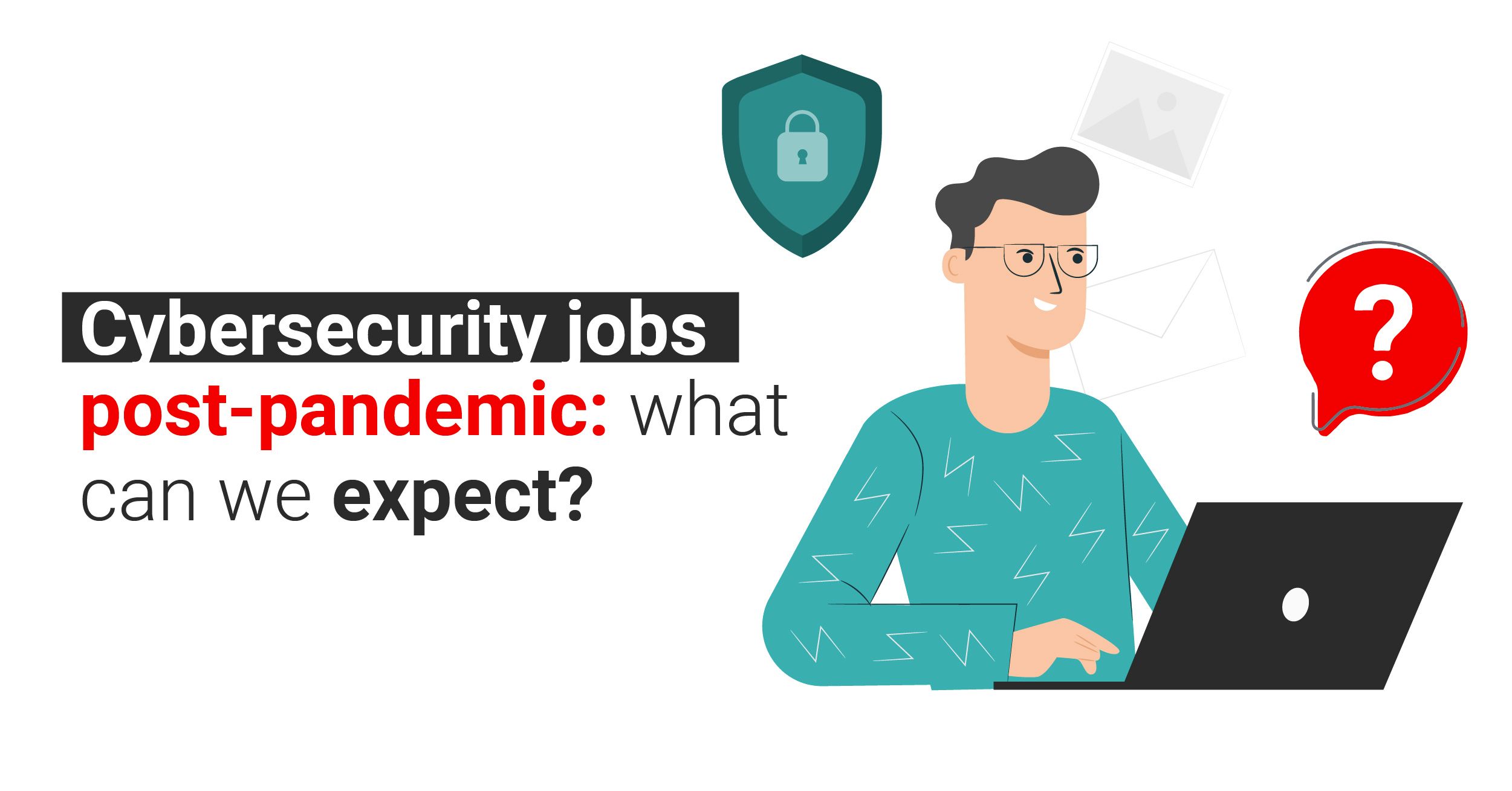
Cybersecurity Jobs Post-Pandemic: What can we Expect?
Despite workers in all fields losing their jobs on a mass scale during the pandemic, it appears things are on the up and up--at least for the tech industry. Not only have the majority of those jobs been restored, but according to (ISC)² we now have 4.07 million unfilled cybersecurity jobs around the globe. Our world is facing unprecedented new challenges-- we have the jobs, but not enough trained cybersecurity professionals to do them.
The Future Cybersecurity Job Market: The Positives
According to KPMG UK, the tech market is growing at a rate faster than we’ve seen in the last two years. This is because a huge amount of tech resources are needed with companies now offering their stock online, as well as a mass-scale shift towards remote working, which to some extent is likely to remain even post pandemic. Thecyberwire.com also reported that the cybersecurity industry on a whole will triple from now until 2022 due to many factors, including more cybersecurity threats and data breaches. Due to the combination of all of these factors, more cybersecurity professionals will be needed than ever before.
The Ugly Truth of the Tech Job Market
With the start of the pandemic many people lost their jobs, and well, some of them have gotten accustomed to their new way of life. With unemployment benefits, a lot of people lack the incentive to get back on the proverbial saddle and start working again. They prefer their new lifestyle than the 9 to 5 grind. Next to this, even with so many jobs unfilled, many skilled cybersecurity professionals are still jobless despite seeking. How can this be so? Discrimination. Whether it be age, gender or race, many qualified professionals remain unhired due to deep seeded societal issues which are disguised as an incorrect "cultural fit".
How to Increase Employability in the Cybersecurity Sector?
As enticing as it is to blame other people for our problems, sometimes we have to take a better look at what we ourselves are doing, to not get a job. For example, people could be scaring off hiring managers due to their poor attitude during interviews, even if they are very qualified--taking a big slice of humble pie is important here. Next, people may be putting too many restrictions on their new job in terms of location or insistence on fully remote work. Hiring managers aren't sure what will happen after the pandemic, so they prefer to hire people with some flexibility. There are enough jobs out there, we just have to be open enough to find them.
Read the original article here.
Take a look at more top articles, trends and experts by signing up to our newsletter—By getting to choose which topics interest you the most, you get the latest news delivered with ease: https://essentials.news/cybersecurity/my-essentials